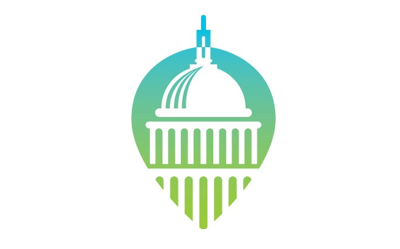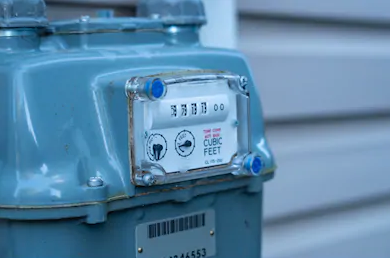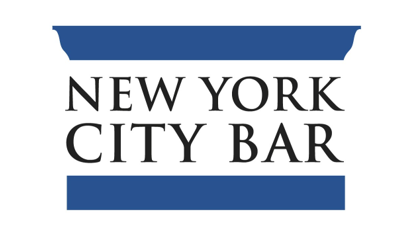January 31, 2021
January 2021 at Policy Integrity
- New Report: Improving Environmental Justice Analysis
- Federal Court Voids Trump’s Counterproductive Power Plant Rule
- Litigation Update: Clean Car Standards Rollback
- Davis Noll to Lead NYU Law’s State Impact Center
- Policy Integrity Colleagues Join the Biden Administration
- Publication Update: Revesz’s Article on the Clean Air Act
- Commentary: Undoing Trump-Era Policies, HHS’s "Sunset Rule"
- When Old Laws Threaten New Climate Ambitions
- Event Series: Building Power in the Environmental Movement
- More from January 2021
-
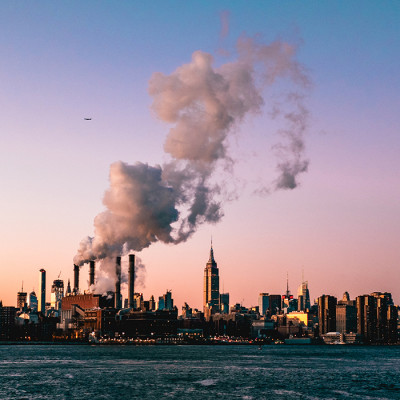
New Report: Improving Environmental Justice Analysis
In an Executive Order issued last week, the Biden administration announced new actions to prioritize environmental justice in federal policymaking. And while low-income and minority communities are disproportionately harmed by global climate change, such impacts are often absent from policymakers’ analyses. Our latest report provides background and guidance on how federal agencies can better assess environmental justice outcomes with respect to climate change. We explore the legal basis under a Clinton-era Executive Order for broadening analyses, and provide concrete steps that agencies can take to consider climate impacts on vulnerable populations.
-
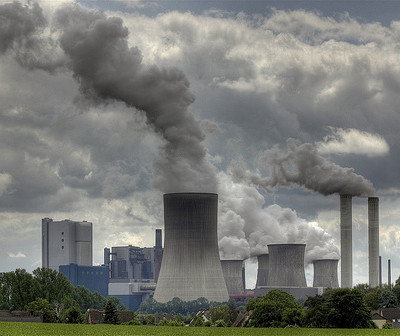
Federal Court Voids Trump’s Counterproductive Power Plant Rule
Dealing a final blow to the Trump’s deregulatory agenda, the U.S. Court of Appeals for the D.C. Circuit unanimously struck down the administration’s toothless replacement of the Obama-era Clean Power Plan. The “ACE Rule” was projected to increase, rather than reduce, emissions. Richard Revesz and Dr. Burcin Unel’s article on energy storage and greenhouse gas emissions was cited in the court’s opinion. We also previously filed an amicus brief in the litigation and submitted comments criticizing the rollback. Revesz spoke with Politico about the ruling.
-
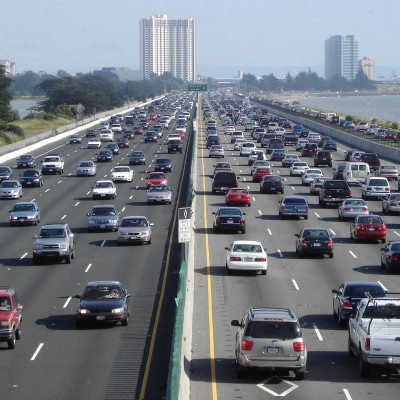
Litigation Update: Clean Car Standards Rollback
Despite consistently manipulating the underlying economic analysis, the Trump administration failed to provide an adequate justification for its rollback of the Obama-era clean car standards. We filed an amicus brief in the D.C. Circuit criticizing the administration’s decision to finalize a rule that, by its own analysis, is net-costly. Our report series provides other details on the rollback’s numerous flaws.
-
Davis Noll to Lead NYU Law’s State Impact Center
Bethany Davis Noll was named Executive Director of the State Energy & Environmental Impact Center at NYU School of Law. She was a member of the Policy Integrity staff for over three years, serving as Litigation Director and leading amicus efforts in cases challenging many Trump administration rollbacks. Davis Noll is taking the helm of the State Impact Center after the previous Executive Director, David J. Hayes, was tapped to be Special Assistant to the President for Climate Policy. Elizabeth Klein, the Center’s previous Deputy Director, has been nominated to serve as Deputy Secretary of the Interior.
-
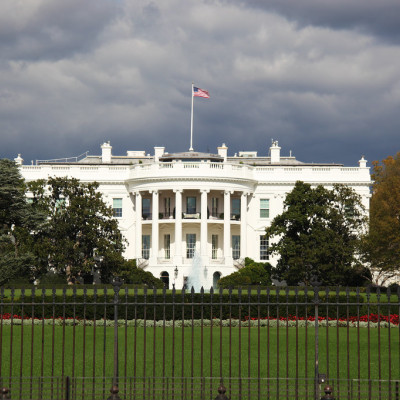
Policy Integrity Colleagues Join the Biden Administration
We are thrilled that a number of Policy Integrity colleagues are taking on new roles in the Biden administration. Avi Zevin, a Senior Attorney who worked with us from 2017 to 2020 and then as an Affiliated Scholar, has been named Deputy General Counsel for Energy Policy at the Department of Energy. Three Advisory Board members were also selected for significant roles in the new administration. Julissa Reynoso, who also served in 2008-09 as one of our first legal fellows, is Assistant to the President and Chief of Staff to the First Lady; Brenda Mallory has been nominated to Chair the White House Council on Environmental Quality; and Tomás Carbonell was named EPA Deputy Assistant Administrator for Stationary Sources at the Office of Air and Radiation.
-
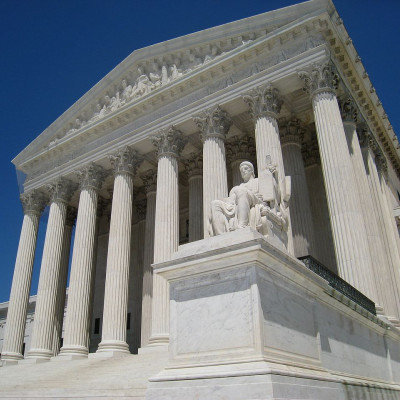
Publication Update: Revesz’s Article on the Clean Air Act
Despite the statute’s text and legislative history, anti-regulation groups have consistently challenged the Clean Air Act’s applicability to greenhouse gases. Even after the Supreme Court held that they are air pollutants subject to regulation, opponents of climate change regulation have continued to subject them to a double standard. Richard Revesz’s new article, published in the Columbia Journal of Environmental Law, argues that the Supreme Court’s recent decision in Bostock v. Clayton County should put an end to this pernicious greenhouse gas exceptionalism.
-
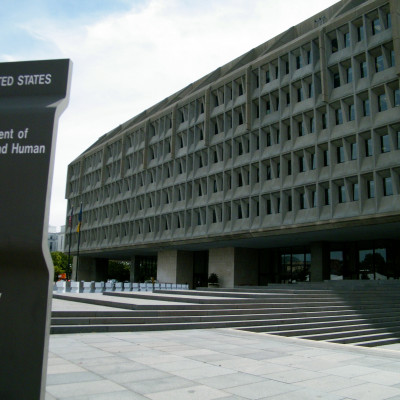
Commentary: Undoing Trump-Era Policies, HHS’s “Sunset Rule”
In its final days, the Trump administration issued a rule that restricts how studies of the adverse consequences of pollution can be used in future EPA rulemakings. Richard Revesz’s piece in Bloomberg Law argues that the Congressional Review Act is a good tool for undoing this rule and other “meta-deregulatory” rules. Bethany Davis Noll wrote about other Trump-era policies and potential rollback strategies.
Also at the eleventh hour, the Department of Health and Human Services finalized a rule requiring HHS staff to retrospectively review the economic impacts of more than 17,000 regulations within the next five years and establishing an extreme penalty for noncompliance: any rule that isn’t reviewed by the deadline will automatically expire. Jack Lienke’s piece in Stat warns that this “sunset rule" could do severe damage to public health if it is not promptly reversed. We submitted comments in December criticizing the rule.
-
When Old Laws Threaten New Climate Ambitions
New state-level climate laws plot the course for ambitious decarbonization, but they generally do not spell out how to deal with existing laws that enable, or even encourage, the consumption of fossil fuels. Our webinar, co-hosted by the Environmental Defense Fund, brought together experts to discuss the case of New York’s landmark Climate Leadership and Community Protection Act and legacy laws that could hamper its success. A video recording of the event is available. Research by Justin Gundlach and Elizabeth Stein further details how states can harmonize climate laws and utility regulation frameworks.
-
Event Series: Building Power in the Environmental Movement
The environmental law field has been slow to diversify. We co-sponsored a New York City Bar Association event, which brought together experts who are working on promoting diversity and equity at environmental NGOs and law firms. The event series continues in the coming months, with additional webcasts in March and April.
-
More from January 2021
We also submitted comments on:

